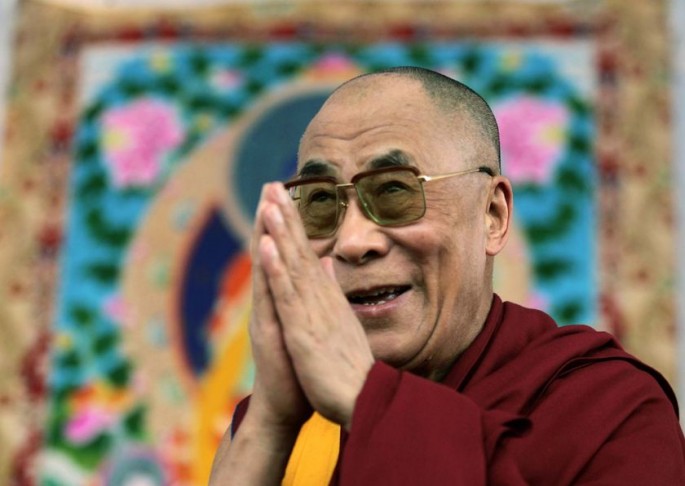The Chinese central government has undeniably endorsed the Tibetan Buddhist tradition of the reincarnation of living Buddhas in the Tibetan Autonomous Region, while reasserting its power of approval over the process.
Comments that explicitly made the endorsement were made by a senior official on Sunday, as China issued a white paper that reaffirmed Tibet's ethnic autonomous status ahead of the 50th foundation anniversary.
According to the official, the central government respects Tibet's history and traditions and sees the reincarnation system as a vital part of its religious tradition. The official added that the reincarnation system has been used to ensure the inheritance of Tibetan Buddhism, which has been recognized and regulated by the central government since the Qing Dynasty (1644-1911).
According to Norbu Dundub from the United Front Work Department of the Communist Party of China Tibet Autonomous Regional Committee, the regulation of the reincarnation system is stated in a 2007 document by the State Administration for Religious Affairs.
"So, no matter what the Dalai Lama says or does, he cannot deny the central government's right to confirm the new reincarnation," Dundub said.
Dubdub's comments were in response to a New York Times interview with the Dalai Lama in July, where he said, "The CPC is pretending that they know more about the reincarnation system than the Dalai Lama."
Dundub said that the Dalai Lama is going against conventions and rituals by designating a Panchen Lama. He claims the Panchen Lama must be confirmed by the central government.
The Panchen Lama is the highest ranking lama in Tibetan Buddhism next to the Dalai Lama. At present, there are arguably two Panchen Lamas.
Choekyi Nyima was named the 11th Panchen Lama by the Dalai Lama on May 14, 1995. He has disappeared, and the central government claims he is safe in protective custody.
Gyaincain Norbu is the government-appointed 11th Panchen Lama.
According to a regulation introduced by the central government in Sept. 2007, all reincarnations must be approved by the government, including high-ranking Tibetan religious leaders.



























